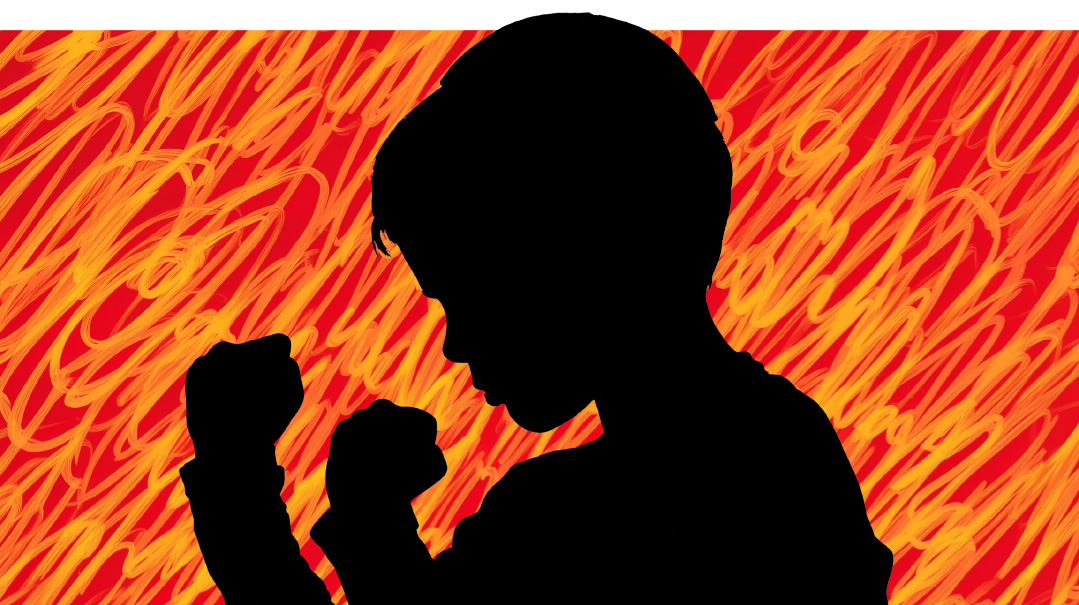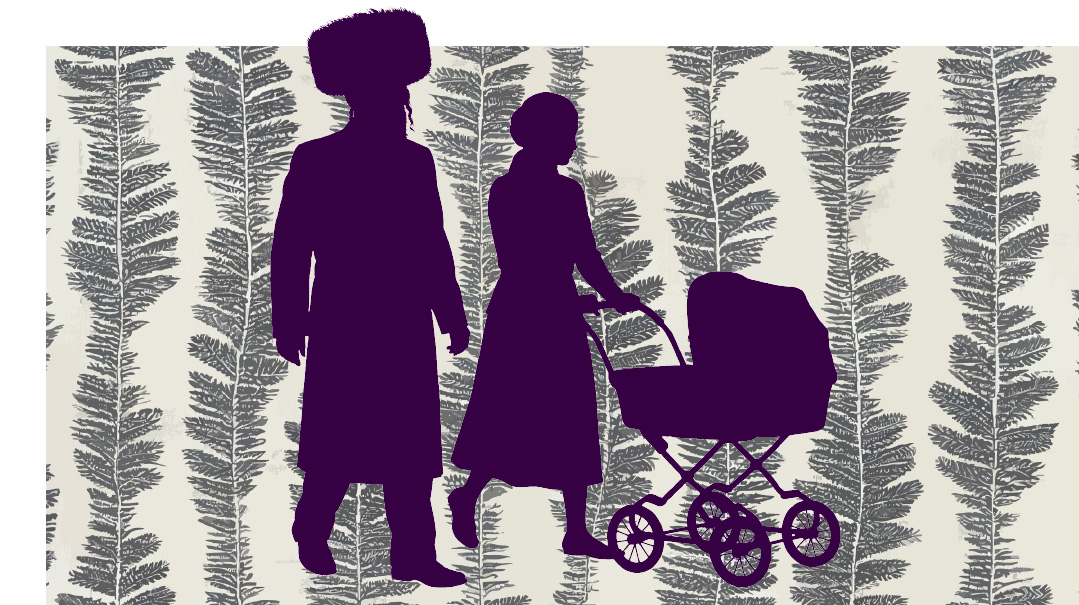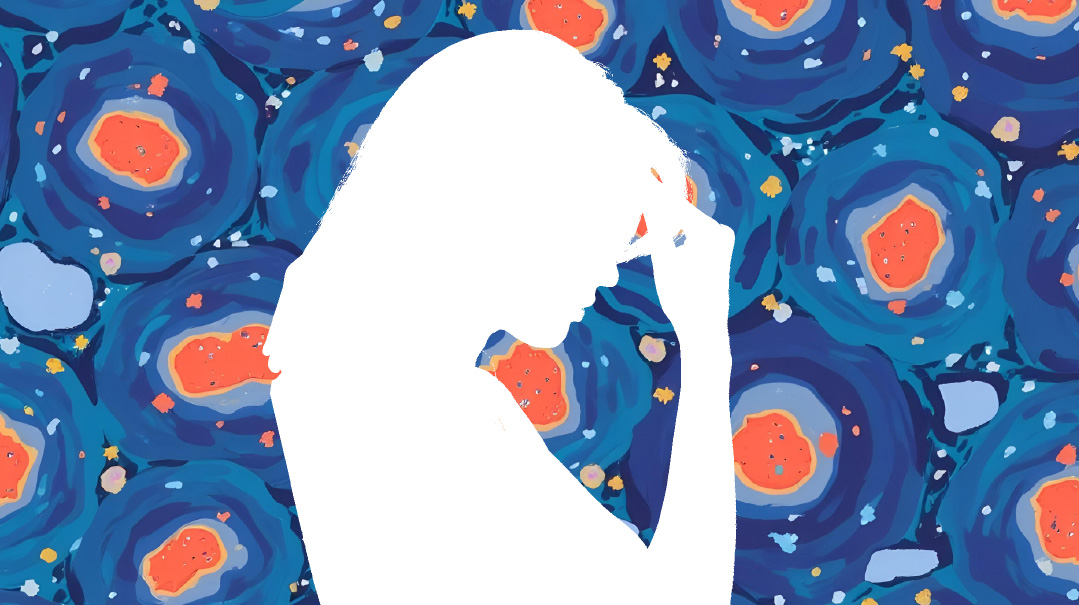What I Want You to Know about… Growing Up Without a Mother
| September 29, 2024My mother was involved in the shul, the school PTA, the Bikur Cholim… and she was also my mother

Some childhood experiences can truly only be understood as an adult.
It was only when I looked at my 11-year-old daughter that I realized how little I was when my mother passed away. My heart ached, for the girl who had so many needs that were completely overlooked, and for the adult who continues to live a life of adulthood without ever being able to say, “Look, Ma, I made it!”
Growing up in a small community, everyone knew my mother. Her passing left so many in the community bereft, missing the powerhouse who got things done. My mother was involved in the shul, the school PTA, the Bikur Cholim….
…and she was also my mother.
I remember being stopped in the grocery store or hallway by friends of my mother’s. Their face would crumple as they’d place a hand on my shoulder and sorrowfully tell me, “I miss your mother so much.” While this made me feel good, it also made me want to yell, “I also do! You miss her once in a while and I miss her every waking second of my life!” Sometimes I felt I couldn’t say that; their sadness made me feel I needed to comfort them and that my sharing would not be appropriate.
Every Yom Tov was hard without my mother. But Tishrei, when there were more Yom Tov days than not, was hardest.
There were so many Yom Tov meals.
The first few years after my mother’s petirah, we ate out at friends and families who invited us, and my siblings and I enjoyed the break. But as we got older, I wished someone would ask us: “Do you want to eat atour place orshould we send food over and you can eat at home?” Making food on our own was overwhelming and not necessarily doable, but we were teenagers and wanted to lounge around on the couch or perhaps sleep late instead of having to be at someone else’s meal right on time.
Then there was the shopping.
Money was tight and there were some people who took us shopping. They meant well, but didn’t ask what we wanted or needed, and as a child, I didn’t have the language to tell them. I wished they would ask us which store we’d prefer, or at least ask about my taste. My father made sure we were always grateful and appreciative, and speaking up with any request was considered being ungrateful to the person who was spending a Sunday taking us out.
Some of these women took us to very exclusive stores. But we just weren’t very fancy girls; we felt (and looked) costumed in those clothes. Others took us to stores aligned with a different tzniyus standard, which made things complicated. And many of these women weren’t available to take us shopping until the very last minute. I never knew if I would have new clothes till the last minute because it was not appropriate to ask.
Some women were wonderful in the store, but then would talk about the experience of taking us shopping. Later, it would get back to me through so many sources about how nice it was that Mrs. So-and-so took us shopping. This made me feel small and powerless.
And Yizkor.
Today there is a lot more awareness around Yizkor. But when I was 18 I was simply dumped in the women’s section of the shul and not given any instruction about how to say it or when to say it. It made for a lot of comical moments, like the first year when I walked out together with my friends, not knowing that the reason they were walking out for was Yizkor.
Today, I still spend most Yamim Tovim with my sister. We’ve grown up, married, and have families of our own. But Yom Tov will forever be somewhat bittersweet. We still struggle with never being hosted by our mother (even during shanah rishonah); we still are always running to catch Yizkor when our friends stand outside watching kids run around.
The experience of having lost my mother got easier when I became an adult… and also a whole lot harder. There were some concepts I just couldn’t compute as a child. I was hit by real, intense sadness as I reached the age my mother was when she passed away. I hadn’t realized how young 37 was. And when I was 38 I realized I’d surpassed my mother’s age. The realization terrified me.
I’m grateful that many of my challenges have eased over the years… but inside of me there will always be a little girl that yearns to have her mother here with her.
Kids Don’t Need:
To be happy. It sounds crazy, but trying to force children to be happy by plying them with stuff and then having the expectation of watching only happiness beam forth can hurt so badly. It’s okay for them to get stuff and still be sad. It’s also okay for them to simply be sad just because they lost a parent.
Kids Need More of:
Inclusion of their deceased parent in the Yom Tov prep or Yom Tov itself. Can you make a recipe their parent loved? Can you give tzedakah in their memory? Can you visit their kever during Aseres Yemei Teshuvah? A child’s greatest fear is that their parent will be forgotten.
Yizkor Would Be Easier if:
People kept quieter in the hallway of shul. Somehow taking a moment to remember a loved one while hearing shrieking and giggling and loud talking on the other side of the door can be so jarring.
Don’t Ask:
“Why are you so sad today?” Grief happens in waves, not stages. It comes and goes with seemingly no rhyme or reason. Don’t make kids answer, “Why today?” They may need to search for a “reason” when it simply is: Grief is visiting today.
(Originally featured in Family First, Issue 913)
Oops! We could not locate your form.







